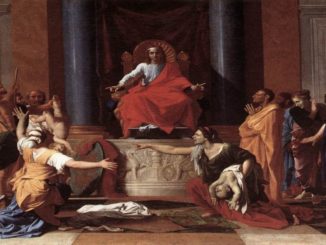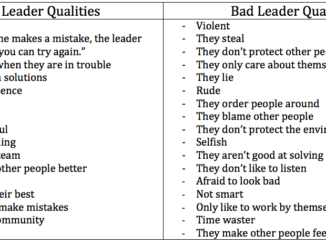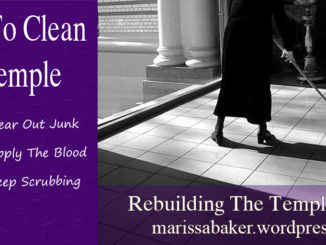
I have a theory about the fabled Proverbs 31, the great chapter that has been setting an unattainable standard for women for many centuries now, but before we get to that, let’s review what the chapter says and why women have been complaining about this standard ever since it was first written.
Right off the bat we find ourselves in the middle of a debate in chapter 31. You will notice that there is a heading that says that these are the “Sayings of King Lemuel.” However, there is no mention of a king by that name anywhere in the Old Testament. Some think this may be King Lemuel of Massa, a descendant of Ishmael, and that could be true. We know that the proverbs were a collection of well known and highly respected sayings from peoples throughout the region, lending credence to this theory. However, there may be a simpler explanation that makes a bit more sense.
According to rabbinical tradition, King Solomon had six names: Solomon, Jedidiah, Qoheleth, Ben Iokoh, Agur… and Lemuel. According to this theory, these proverbs came from Solomon himself, though he makes it clear that it was his mother that gave them to him. That would mean that his mother was Bathsheeba, which adds a whole new dimension to the story.
Remember that Bathsheeba was David’s secret love, the one he took surreptisiously, the one he was willing to kill for. You will also remember that their first child, the one born in sin, did not live. However, by the time Solomon was born, David’s sin had been revealed in a very public way, and confessed. For that reason, God approved of this son, even giving him the special name of Jedidiah, meaning “beloved of God.” It is interesting that his mother calls him “son of my vows” which would be in keeping with this story; Solomon would have been a legitimate “son of her vows.” We also know from Solomon’s story that many of the things she warns him of are the very things he struggled with later in life. It’s not definite proof that this is from Solomon, but the argument certainly has merit.
Another controversy is that there is a separation between verses 9 and 10. The first nine verses belong to King Lemuel, while the rest belong to a kind of epilogue. However, many modern scholars feel like the separation is unnecessary. By means of support, there is an old rabbinical story that may shed light on this concept, but I first want to get back to my theory.
I have not been able to come to any conclusions about who the author of this set of proverbs is; there are several compelling choices. However, I am convinced that the last part of the chapter, the virtuous woman part, came from a woman, most likely a very protective mother who had very, very high expectations for her son’s bride. That theory explains why the bar is set so impossibly high; even today mother’s set similar standards for their son’s wives.
Before you reject my theory as groundless, let’s get back to that old rabbinical story:
The Ancient Rabbins identified Lemuel with Solomon, and relate that when, on the day of the dedication of the temple, he married Pharaoh’s daughter, he drank too much at the wedding feast, and slept until the fourth hour of the next day, with the keys of the temple under his pillow. Whereupon his mother, Bathsheba, entered and reproved him with this oracle. Bathsheba’s own amour with Solomon’s father does not appear to have excited any rabbinical suspicion that the description of the virtuous wife with which the Book of Proverbs closes is hardly characteristic of the woman.
According to this story, the rabbis of old held a very similar view to my own. They clearly believed that Solomon was King Lemuel, that Bathsheba is the mother mentioned in the first verse, and that, yes, in a fit of rage she tells her son exactly the expectations she has for his new bride.
2500 years later, mother-in-laws have not changed much.
Proudly WWW.PONIREVO.COM
by L. W. Reed



